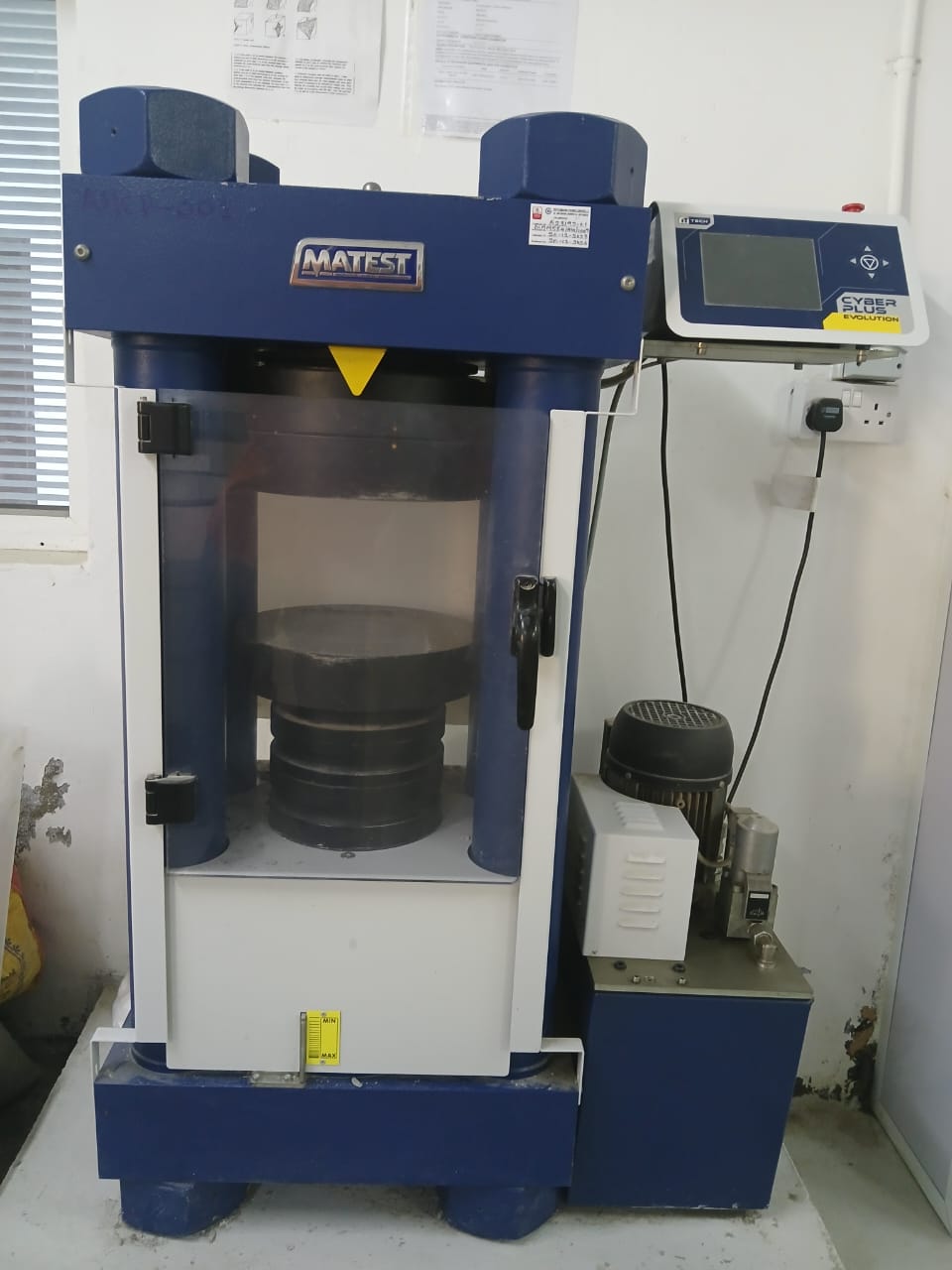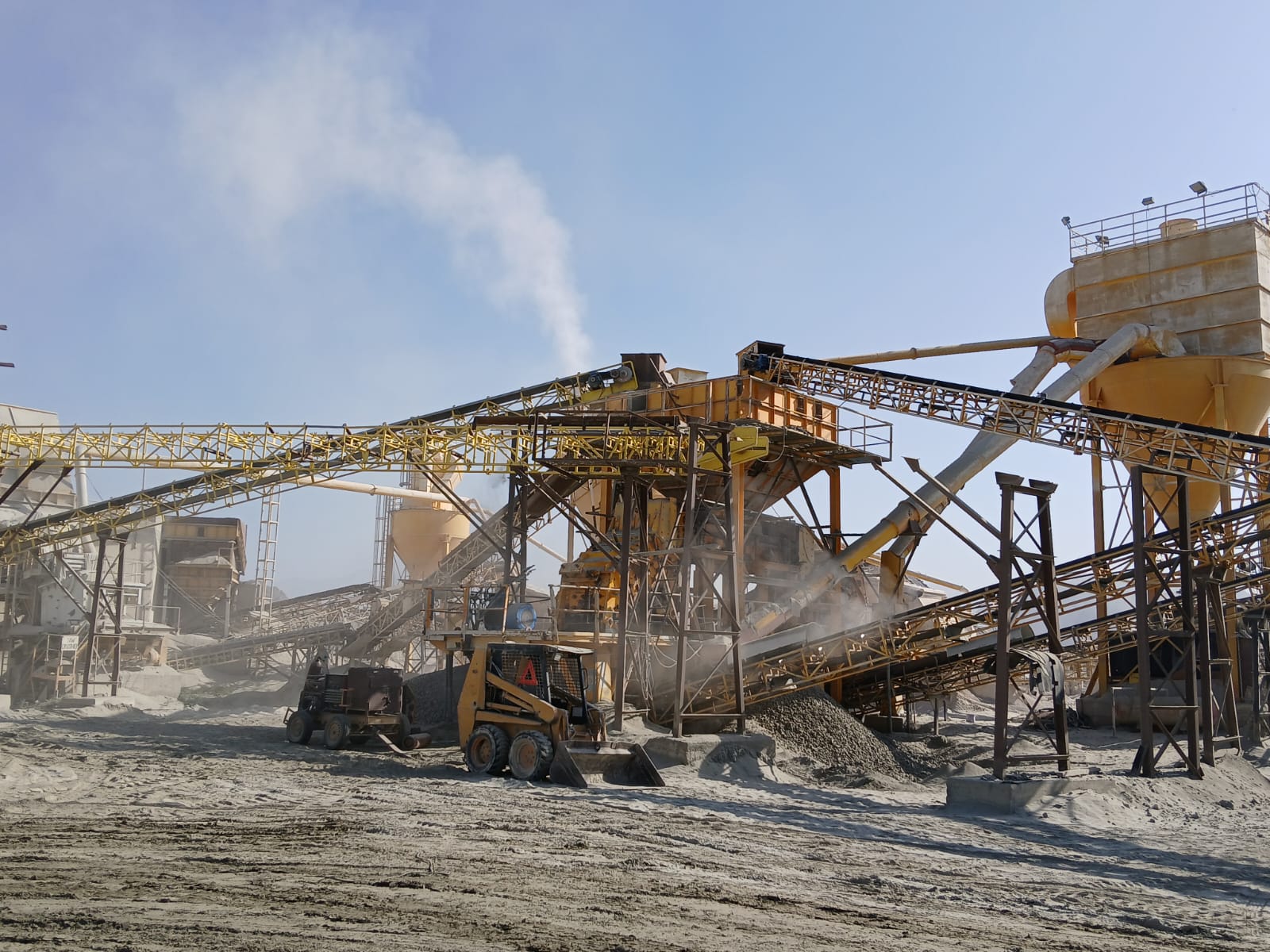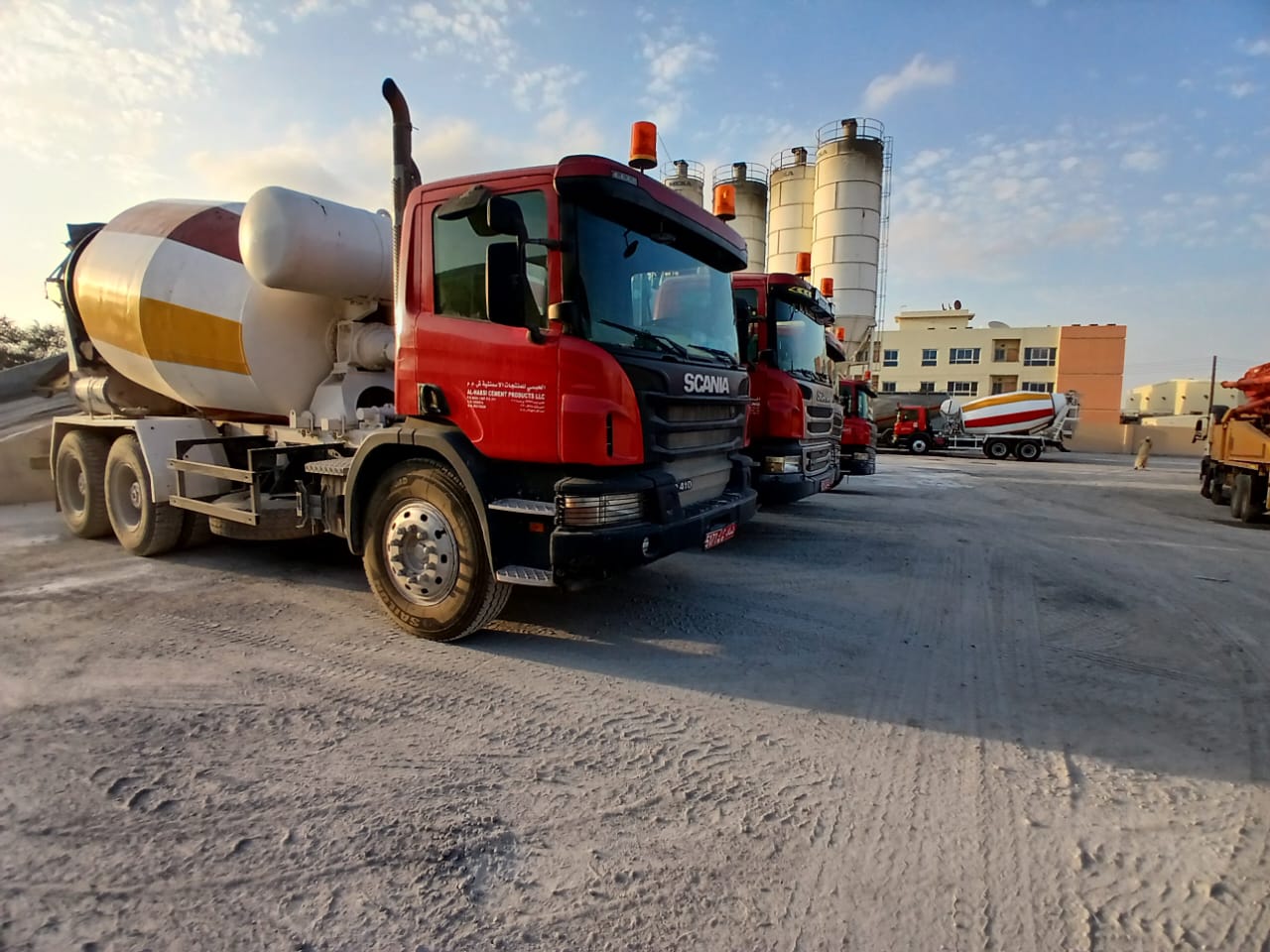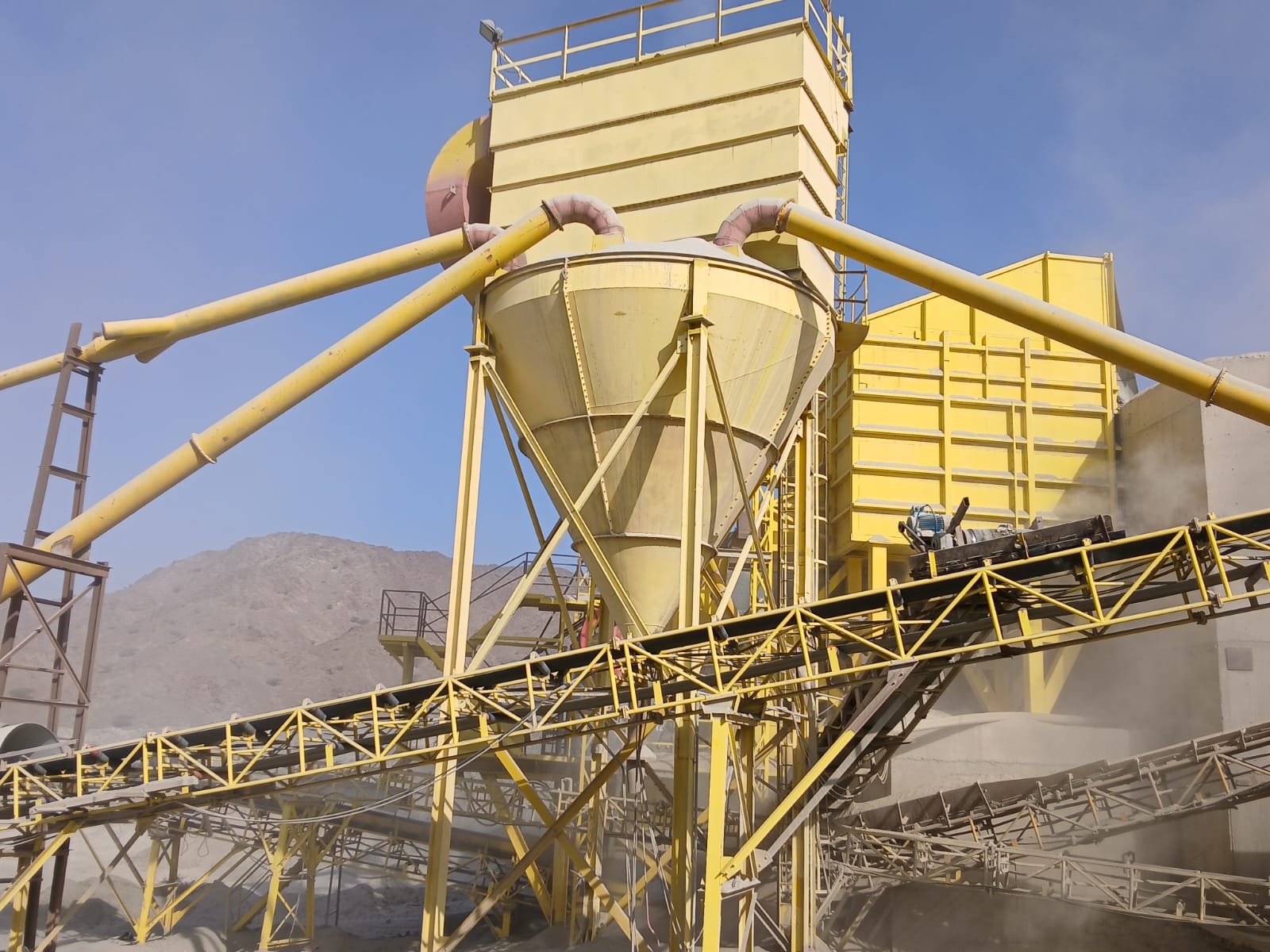Ready-Mix Concrete
Ready-mix concrete, also known as RMC, is a type of concrete that is manufactured in a batch plant according to a set engineered mix design. The mi...

We have established state of the art Quality control laboratory that oversees the development and testing of our mixes.
Our well-equipped Laboratory with latest technology equipment’s and well with our certified team of experts ensures every load that goes out is of highest standards and meet the customer`s required specifications. The Technical Department is happy to offer advice to customers on any aspect of concrete technology. Mix Designs are designed and tested thoroughly to yield optimal performance. The constant in-house monitoring of our concrete performance is through a regimented concrete sampling programers.
Testing and Analysis: The primary function of a quality control laboratory is to conduct testing and analysis of raw materials, intermediate products, and finished goods to ensure they meet predefined quality standards and specifications. This may include physical, chemical, microbiological, and sensory testing, depending on the nature of the products being manufactured.
Instrumentation: Quality control laboratories are equipped with a wide range of specialized instruments and equipment for conducting various types of analyses. Common instruments include spectrophotometers, chromatographs, mass spectrometers, pH meters, viscometers, and microbiological incubators.
Sampling and Sample Preparation: Proper sampling techniques are crucial to obtaining accurate and representative test results. Quality control laboratories follow established procedures for collecting samples from production batches and preparing them for analysis, including homogenization, dilution, and extraction as necessary.
Documentation and Record-Keeping: Quality control laboratories maintain detailed records of all testing activities, including sample information, test methods, results, and any deviations from established procedures. Accurate documentation is essential for traceability, regulatory compliance, and continuous improvement efforts.
Calibration and Maintenance: To ensure the reliability and accuracy of test results, laboratory equipment must be regularly calibrated and maintained according to established schedules. Calibration involves verifying instrument performance against reference standards, while maintenance includes routine inspections, cleaning, and repairs as needed.
Quality Assurance/Quality Control (QA/QC): Quality control laboratories operate under strict QA/QC protocols to ensure the integrity and reliability of testing procedures and results. This may involve periodic audits, proficiency testing, method validation, and participation in external quality assurance programs.
Personnel Training and Competency: Laboratory staff undergo rigorous training and competency assessments to ensure they have the knowledge, skills, and expertise to perform testing activities accurately and reliably. Ongoing training programs keep personnel updated on new technologies, methods, and regulatory requirements.
Compliance with Regulatory Standards: Quality control laboratories must adhere to applicable regulatory standards and guidelines, such as Good Laboratory Practices (GLP), Good Manufacturing Practices (GMP), ISO standards, and industry-specific regulations. Compliance ensures product safety, efficacy, and legality.
Risk Management: Quality control laboratories identify and mitigate potential risks associated with testing processes, equipment failure, sample contamination, and human error. Robust risk management practices help safeguard product quality and prevent adverse events.
Continuous Improvement: Quality control laboratories continually seek opportunities to improve testing methodologies, enhance operational.





AHCP strive to produce a superior and consistent product combined with exceptional customer service and timely delivery irrespective of the project size. We aim to be a completely flexible, professional organization that works hard to identify client requirements and provide a quality product as well as outstanding customer service to meet client needs.

Ready-mix concrete, also known as RMC, is a type of concrete that is manufactured in a batch plant according to a set engineered mix design. The mi...

Our quality is further enhanced since we mine and process a substantial quantity of aggregates in our crusher. Our aggregates are processed and ble...

We have established state of the art Quality control laboratory that oversees the development and testing of our mixes. Our well-equipped...

Regular Inspections: Conduct regular inspections of each vehicle in the fleet to identify any potential issues or ma...